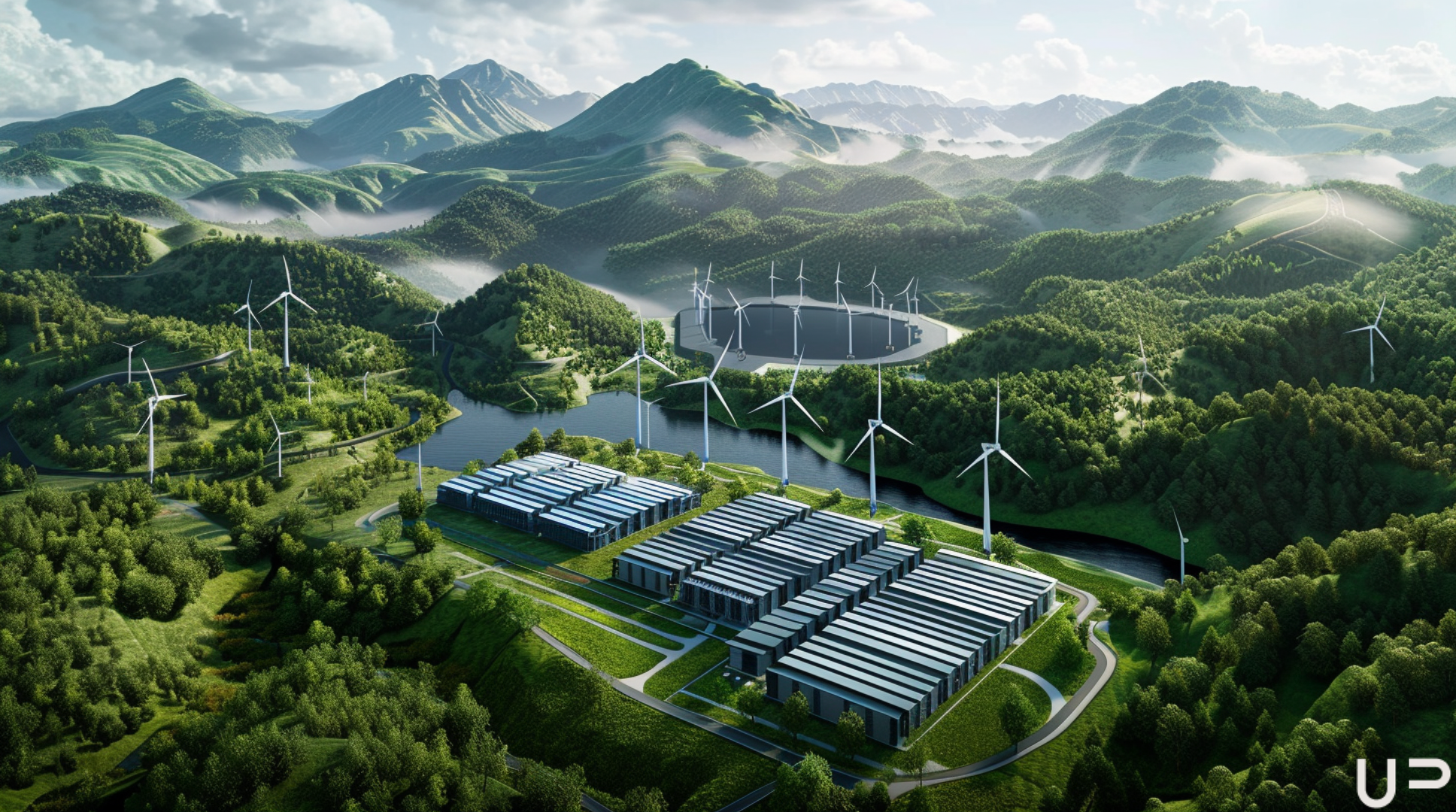The Rise of Hydrogen Fuel Cell Vehicles: Prospects and Challenges
The automotive industry is on the cusp of a green revolution, with hydrogen fuel cell vehicles (FCVs) emerging as a promising alternative to conventional fossil fuel-powered cars. FCVs, which convert hydrogen gas into electricity to power an electric motor, offer a sustainable transportation solution that emits only water vapor. This article explores the prospects and challenges of hydrogen fuel cell vehicles in transforming the automotive landscape.

The automotive industry is on the cusp of a green revolution, with hydrogen fuel cell vehicles (FCVs) emerging as a promising alternative to conventional fossil fuel-powered cars. FCVs, which convert hydrogen gas into electricity to power an electric motor, offer a sustainable transportation solution that emits only water vapor. This article explores the prospects and challenges of hydrogen fuel cell vehicles in transforming the automotive landscape.
1. Zero-Emission Technology: FCVs represent a significant leap towards achieving zero-emission transportation. Unlike gasoline vehicles, FCVs produce no harmful tailpipe emissions, contributing to cleaner air and are duction in greenhouse gas emissions.
2. Energy Efficiency and Performance: Hydrogen fuel cell technology offers greater energy efficiency compared to traditional internal combustion engines. FCVs provide higher torque and faster acceleration, delivering a performance that matches or exceeds that of conventional vehicles.
3. Hydrogen Production and Infrastructure: One of the main challenges facing the widespread adoption of FCVs is the development of a hydrogen fuel infrastructure. Producing, storing, and distributing hydrogen in a cost-effective and environmentally friendly manner remains a significant hurdle.
4. Vehicle Cost and Availability: The high cost of fuel cell technology, largely due to expensive catalyst materials like platinum, makes FCVs more costly than their gasoline and battery electric counterparts. Advances in technology and increased production are expected to lower costs over time.
5. Sustainability of Hydrogen Fuel: The environmental impact of FCVs depends on how the hydrogen fuel is produced. Green hydrogen, produced using renewable energy sources, offers the most sustainable path forward, while hydrogen produced from fossil fuels negates some environmental benefits.
Hydrogen fuel cell vehicles hold great promise for the future of sustainable transportation, offering a clean, efficient, and high-performance alternative to traditional vehicles. Overcoming challenges related to hydrogen production, infrastructure, and vehicle costs will be critical to realizing the full potential of this technology. As the automotive industry and governments invest in hydrogen infrastructure and research, the prospects for hydrogen fuel cell vehicles continue to brighten, signaling a significant step towards a more sustainable automotive future.






